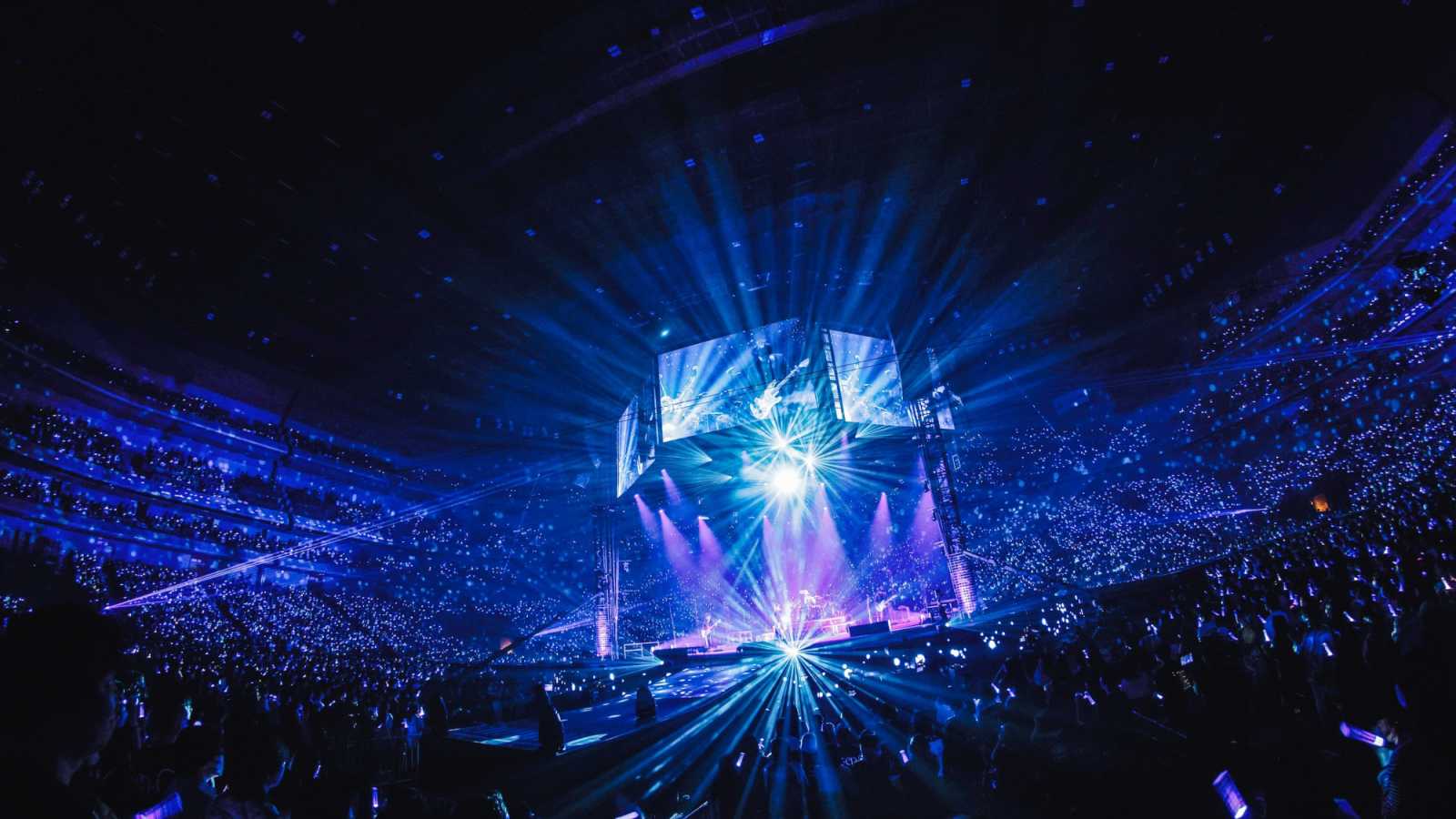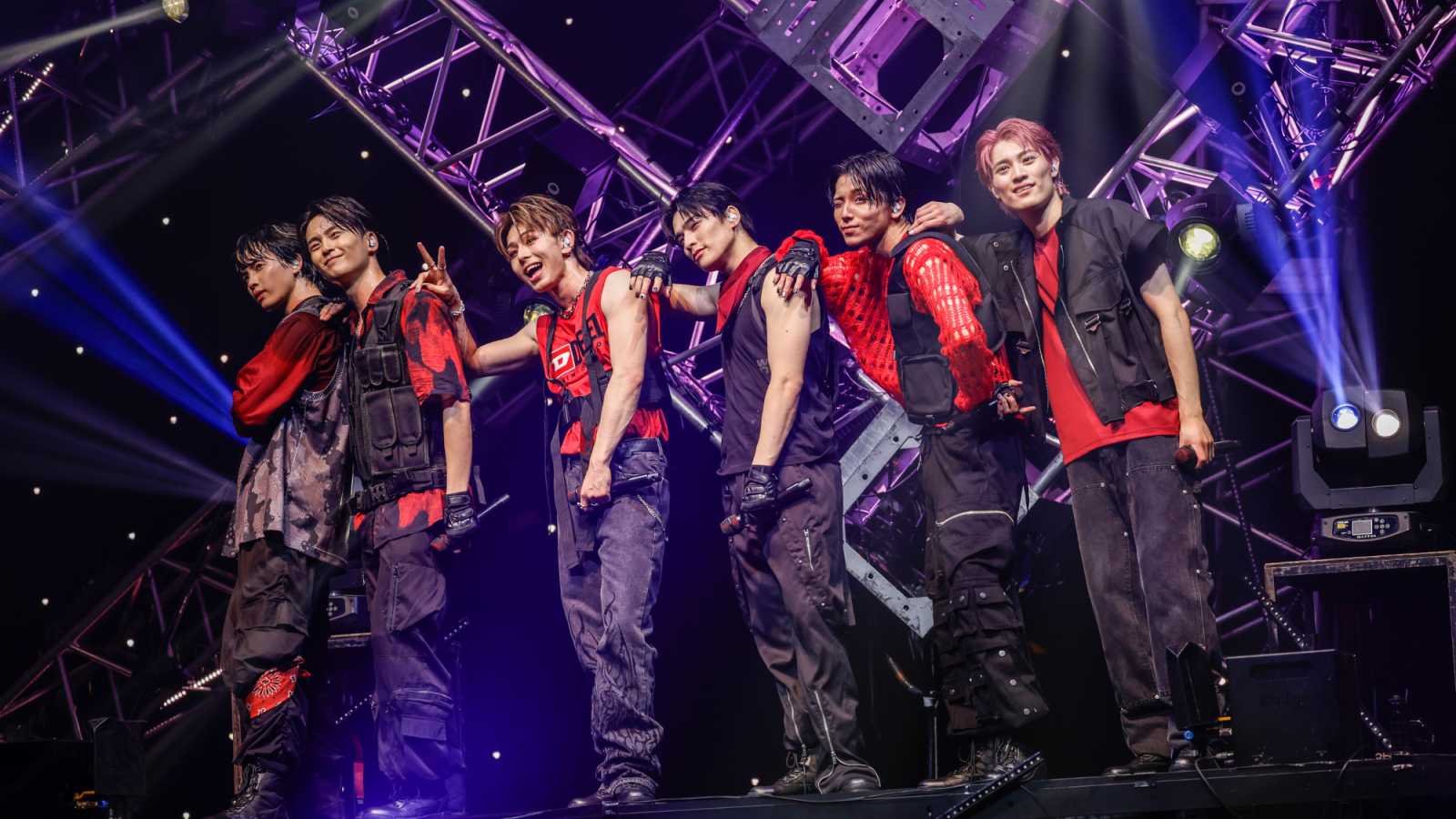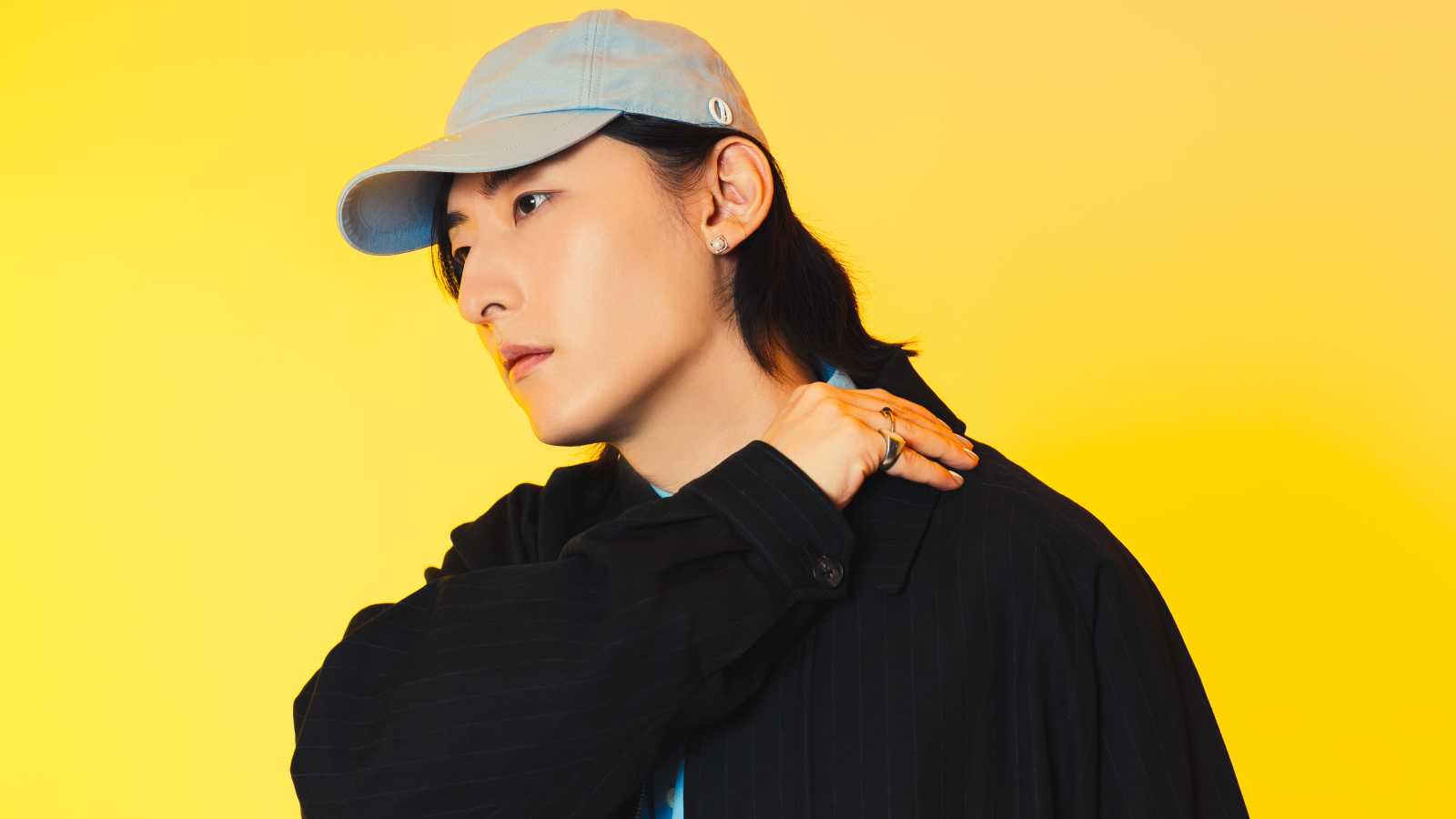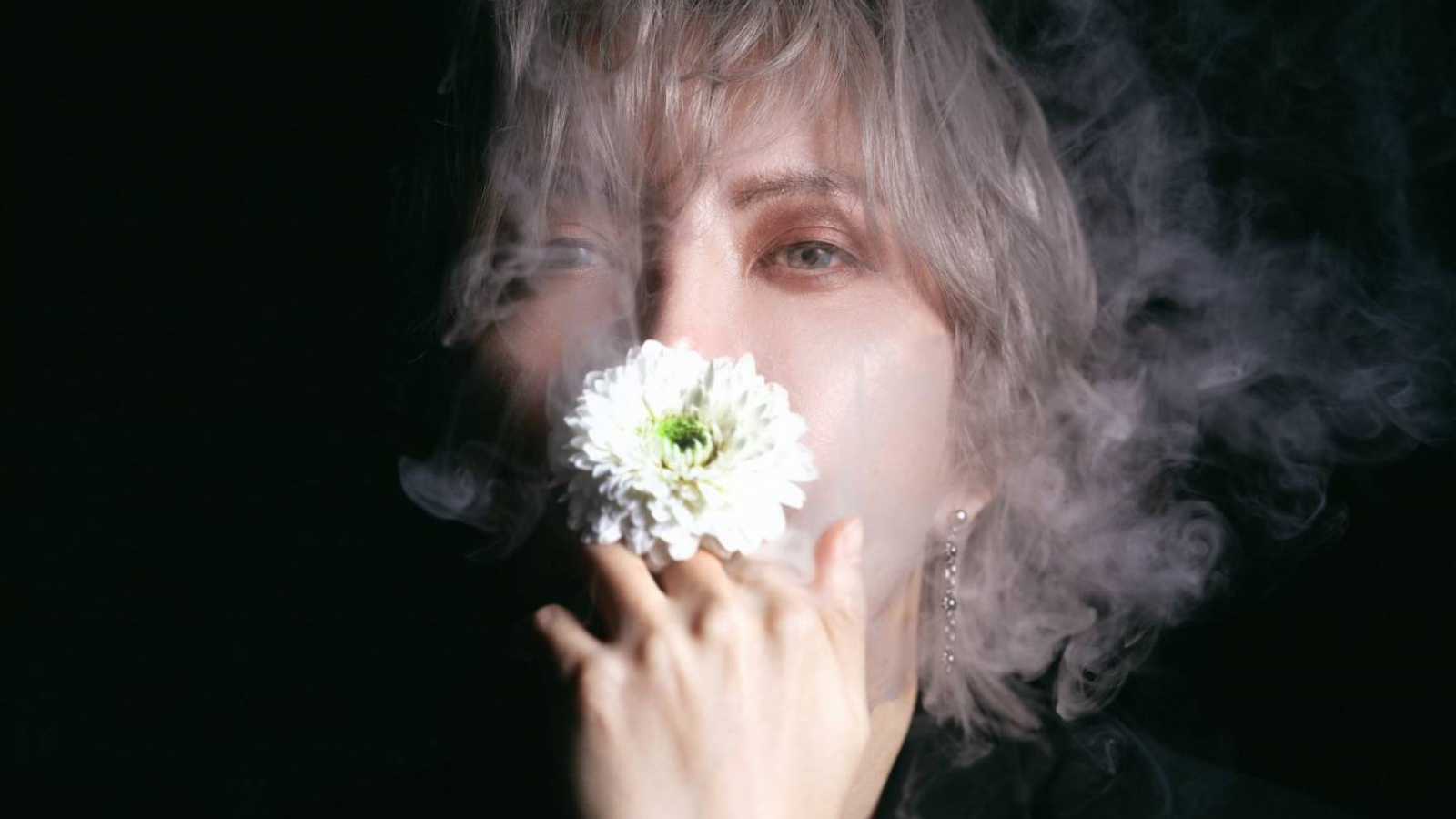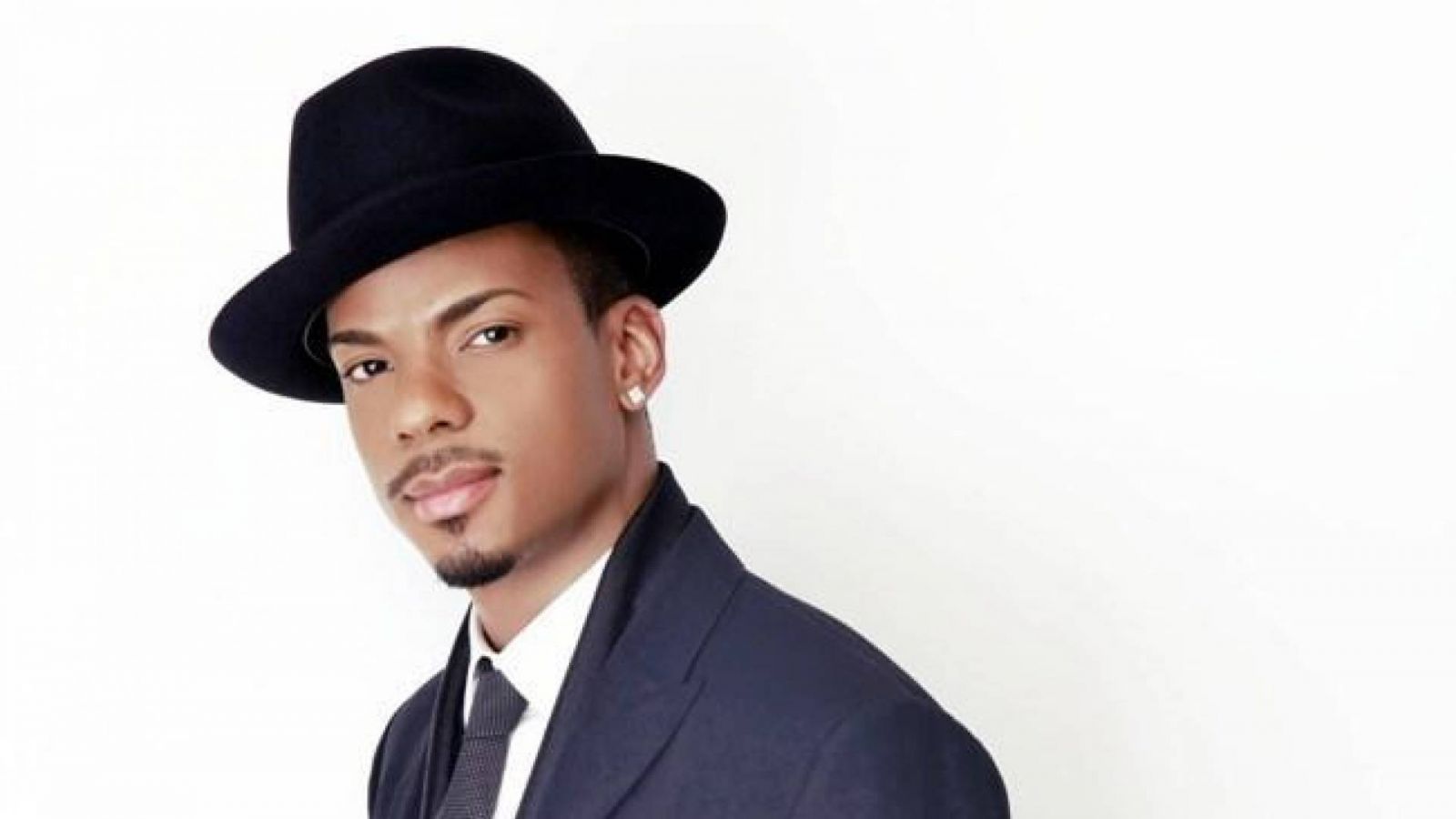Jero, the first African American enka singer in Japan's history, reflects back on his childhood, enka, and more
Jero is the first African American enka singer in Japan's history, having been inspired into the genre by his Japanese grandmother. It has been said he has single-handedly reignited Japan's interest in this traditional post-war music style. JaME was able to catch Jero the day before his performance in Los Angeles and before his dress rehearsal, we asked the enka singer a few questions about his childhood as well as the traditional Japanese genre of enka.
How did you get the opportunity to perform in the US?
Jero: Last year I was able to perform at Washington DC’s Cherry Blossom festival. I’m sure it had something to do with that. Here in Los Angeles, the Japanese American Cultural & Community Center is celebrating their 30th year anniversary, so I was invited to perform as a guest.
What is it like to perform here instead of Japan, where you're well known?
Jero: Well in Japan they were all Japanese, and when I had performed in San Francisco a day before there were Japanese people as well as many Americans.
As you said, you have recently performed in San Francisco, how was the atmosphere compared to Japan?
Jero: In San Francisco, I was able to speak English in between songs. So that was nice.
You have performed in a few places outside of Japan. Is there anywhere else you’d like to perform?
Jero: I’d like to perform in my home town.
You grew up listening to enka, was it something you had listened to regularly? When did you first start to sing it?
Jero: Yes, I listened to it all the time. I started singing for my family at the age of five.
What did your friends growing up think about your interest in enka?
Jero: They had no idea I was interested in this. I only sang for my family. My friends actually had no clue about it until I had debuted. I had no idea I would be an enka singer.
What are some misconceptions about enka you would like to clear up? Did you have these conceptions about enka as well?
Jero: Well, actually a lot of people think that you must wear traditional clothing while singing enka. This is not true! Nowadays many men wear regular clothing. The women wear formal dresses. So clothing doesn’t matter. Another misconception people have about enka is the way they sing. They think enka must be sung a certain way. People think enka are always sung with “flats” and “kobashi.” Kobashi is the way the voice is used in one scale. What is important is not the way it’s sung; It's the music and the themes. It’s full of heartbreak, loneliness, loosing love, and hardships.
Did you also have some of these misconceptions about enka when you were growing up as well?
Jero: It wasn’t really misconceptions…It was more about not knowing about some of these things. But I knew what enka was really about. I knew the themes. I was five, and while listening to this music, I could hear the way the music sounded so sad and emotional. You can see many enka singers are so completely into their music, they are crying while singing onstage.
You have obviously worked very hard to become a well known enka singer in Japan. What were some of the toughest times in getting to this point?
Jero: Even before I put out my music it was difficult. I still remember it was February 1st when it started. Before debuting, an artist has to be promoted. So when they sent out the information about me to the press and companies, people were shocked and interested. They were very interested and the management office was flooded with phone calls and requests for interviews and appearances. My management worked really hard when the word got out. I was busy for days afterward with no breaks.
You have had the opportunity to work with famous artists such as Itsuki Hiroshi. What was it like for you to work with such well-known artists that have been around for ages? What were you able to learn from them?
Jero: It was great. I had grown up listening to them. They were all really nice and excited to meet me. They were cheering me on. I got to see what sort of people they were. They were all really nice and friendly, on and off stage. It was really good to know that the people I had been listening to were nice and real people even off the stage.
It’s been said that you have been trying to bring enka to younger people. Do you think this is one of the reasons why they were cheering you on?
Jero: Yes, probably. Not only enka and J-pop, but music in general hasn’t been selling as well as it has been, in Japan. People haven’t been buying as many CDs lately.
Do you think you have reached this goal?
Jero: One of my goals is to bring enka to a younger crowd. So far I think this has been happening. But I would like to see a lot more younger people.
JaME would like to thank Jero, his management, and the JACCC for making this interview possible.

